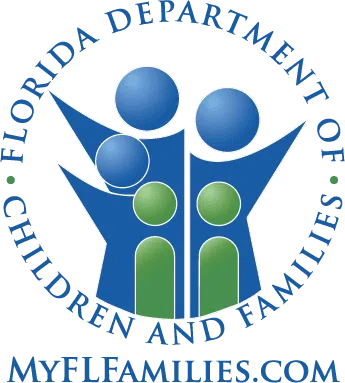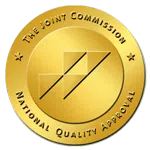
Dealing with someone addicted to drugs or alcohol can be one of the most emotionally draining experiences.
Addiction is a complex disease that can have a devastating impact on the lives of both the addicted individual and their loved ones.
Below are some valuable tips on how to help a loved one with addiction!
What Are Signs Someone Has a Substance Use Disorder?
The signs and symptoms of a substance use disorder vary depending on the type and amount of substance being abused.
However, some common signs to be aware of include:
- Neglecting responsibilities at home or work because of substance use
- Taking more risks when under the influence, such as driving recklessly
- Experiencing withdrawal symptoms when not using the substance
- Developing a tolerance for the substance
- Spending large amounts of money on substances
- Engaging in stealing or lying
- Having difficulty stopping substance use, even if there are serious consequences
- Using substances to cope with difficult feelings or situations
- Feeling unable to function normally without the substance
Why Should You Seek Help Early for an Addiction?
Addiction carries a stigma, and many people are reluctant to seek help.
However, the earlier an individual seeks treatment for their addiction, the better the outcome is likely to be.
Seeking early help can prevent further physical damage from substance misuse and reduce psychological effects on mental health.
Early intervention also helps prevent addiction from worsening and helps individuals with long-term recovery.
What are Treatment Options for an Addicted Family Member?
The most important thing to remember is that no one has to suffer in silence, and various treatment options are available for those struggling with addiction.
Treatment plans may include the following:
- Individual or group therapy
- Medication or detox programs
- Lifestyle changes such as nutrition and exercise
- Help with developing positive coping skills
- Aftercare programs such as 12-Step meetings or sober living houses
How to Help a Loved One with Addiction
If you are dealing with someone struggling with addiction, educating yourself on the illness and understanding that it cannot be easily overcome is essential.
No single approach works for everyone, but below are some valuable tips to help a loved one with addiction.
Seek Professional Help
The first and most crucial step in dealing with someone addicted to drugs or alcohol is to seek professional help.
Addiction is a medical condition requiring professional treatment, and it’s essential to work with a qualified specialist who can provide guidance and support.
A professional can help you understand the nature of addiction, create a recovery plan for dealing with the situation, and provide the tools and resources you need to cope with the emotional toll it can take.
Set Healthy Boundaries
One of the most important things you can do when dealing with someone who is addicted to drugs or alcohol is to set boundaries.
This means clarifying what behaviors are acceptable and what are not.
For example, you might establish rules around drug or alcohol use, such as refusing to allow the person to drink or use drugs in your home.
You might also limit how much you’re willing to help them financially or emotionally.
Practice Self-Care
Taking good care of yourself when dealing with family members addicted to drugs or alcohol is essential.
It’s easy to become consumed by the situation and neglect your needs, but doing so can lead to burnout and exacerbate the stress and anxiety you’re already experiencing.
Prioritize self-care activities like exercise, meditation, and spending time with friends and family.
Remember that taking time for yourself is okay and seeking support from others when you need it.
Communicate Effectively
Effective communication is critical when dealing with someone addicted to drugs or alcohol.
It’s essential to be honest and direct while remaining compassionate and non-judgmental.
Avoid using accusatory language or making assumptions about the person’s behavior.
Instead, focus on expressing your concerns and encouraging them to seek professional help.
Avoid Enabling Behaviors
Enabling is a common pitfall for those dealing with someone addicted to drugs or alcohol.
Enabling behaviors can include everything from making excuses for the person’s behavior to giving them money or bailing them out of legal trouble.
While these actions may seem helpful in the short term, they can worsen the situation by allowing the person to continue their destructive behavior without facing the consequences.
Learn About Addiction
Educating yourself about addiction can be incredibly helpful when dealing with someone struggling with the disease.
Understanding addiction, its causes, and the treatment options can help you support the person better and navigate the challenges of the situation.
Many resources are available online, including support groups, informational websites, and online forums where you can connect with others in similar situations.
Don’t Blame Yourself
It’s important to remember that you are not responsible for your loved one’s addiction.
Addiction is a complex disease influenced by many factors, including genetics, environment, and personal history.
While you can be supportive and encouraging, it’s up to the person to seek help and take responsibility for their addiction recovery.
Celebrate Small Victories
Recovery from addiction is a lengthy and challenging process, and it’s important to celebrate even small victories along the way.
Whether completing a detox program, attending a support group meeting, or going a day without using drugs or alcohol, these accomplishments should be recognized and celebrated.
By focusing on the positive steps the person is taking, you can help to reinforce their commitment to recovery and provide encouragement along the way.
Let Prevail Recovery Center Help Your Loved One with Addiction
At Prevail Recovery Center, we understand the struggles that come with addiction.
We offer various outpatient services and support to help individuals struggling with substance abuse on their path to recovery, including detox, dual diagnosis care, and relapse prevention planning.
By providing a nurturing environment for our clients, we strive to ensure that each person can get the help they need and begin their journey to a life of sobriety.
Reach out today with questions or if you’d like to set up an appointment. Let us be part of your addiction recovery journey. Together, we can make a difference!





I was recommended this website by my cousin. I am not sure whether this post is written by him as nobody else know such detailed about my trouble. You are amazing! Thanks!